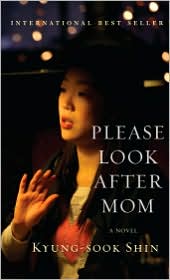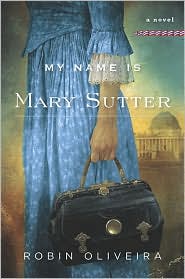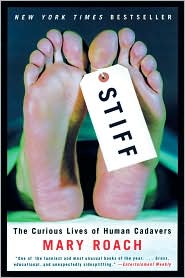Right after high school, I was a shift supervisor at a CVS in my hometown. I had worked in retail beforehand and knew the challenges it would bring, especially in dealing with the diverse personalities and temperaments of the public. To put it bluntly ~ sometimes people can be downright rude. (Not all. But some.)
I clearly remember an incident that occurred between myself and an elderly male customer. An item he wanted to purchase rang up at regular price. He thought it was on sale and wanted the sale price. (Hasn't this happened to all of us?) I had a female sales associate escort him back to the aisle to look at the sale sign; I had showed him a copy of the store ad; several female customers behind this man even got into the action. We all tried to explain to this man that he had the wrong item. He wouldn't listen to any of us.
After about seven minutes or so of this man arguing
at me and foaming at the mouth (I swear! I have witnesses!) and me trying desperately to keep my composure and act civilized, the man pointed at a male sales associate and said, "I want to talk to that boy over there." "That boy over there" told this rabid man foaming at the mouth the same exact thing that I had explained to him, the same exact thing that the other female associate had explained to him, and the same exact thing that the two or three female customers behind him had explained to him. Even though I was the manager on duty at the time, this male customer refused to listen to anything I had to say simply because I'm a woman.
In the grand scheme of things this little incident of discrimination didn't kill my day or define my life. It was just that ~ a little incident, an aggravating annoyance, and a lesson learned in regards to other people's ignorance and intolerance. Other than this small moment, I have been extremely fortunate in that my gender hasn't affected my ability to take advantage of certain opportunities in life. (And if it has, I haven't noticed and it would be too late to care anyway.) Mary Sutter, however, deals with a degree of gender discrimination much harsher than my own.
My Name is Mary Sutter is about a midwife who desperately wants to become a surgeon. What's holding her back? Well, in the 1860s with the Civil War raging, with emotions and tensions running high, and with discrimination in all forms at its peak no doctor is willing to take her on as a student because she is a woman. Built upon this intriguing foundation, you jump into this novel geared up to fall in love with Mary Sutter as one of the deadliest wars in history is firing away in the background, setting the scene and mood of the novel. You want to sympathize with her and root her on as she struggles to pursue her dreams. She's the less attractive sister whose beautiful twin sweeps away and marries the man she loves; she's the responsible one with a smart and witty head on her shoulders; and no matter how hard she persists, someone is always knocking her down. But. . .the writing is monotonous and slow and drags on through scenes that really do nothing for the story and just do not resonate with me as the reader.
Poor Mary Sutter. She is a very likable character. And if she were a real person, I'd love to sit with her and talk over tea or coffee. I can relate to her as a woman, and I can relate to her as someone who has been occasionally knocked down while pursuing my own dreams. Sadly, however, the writing style also knocks her down.



